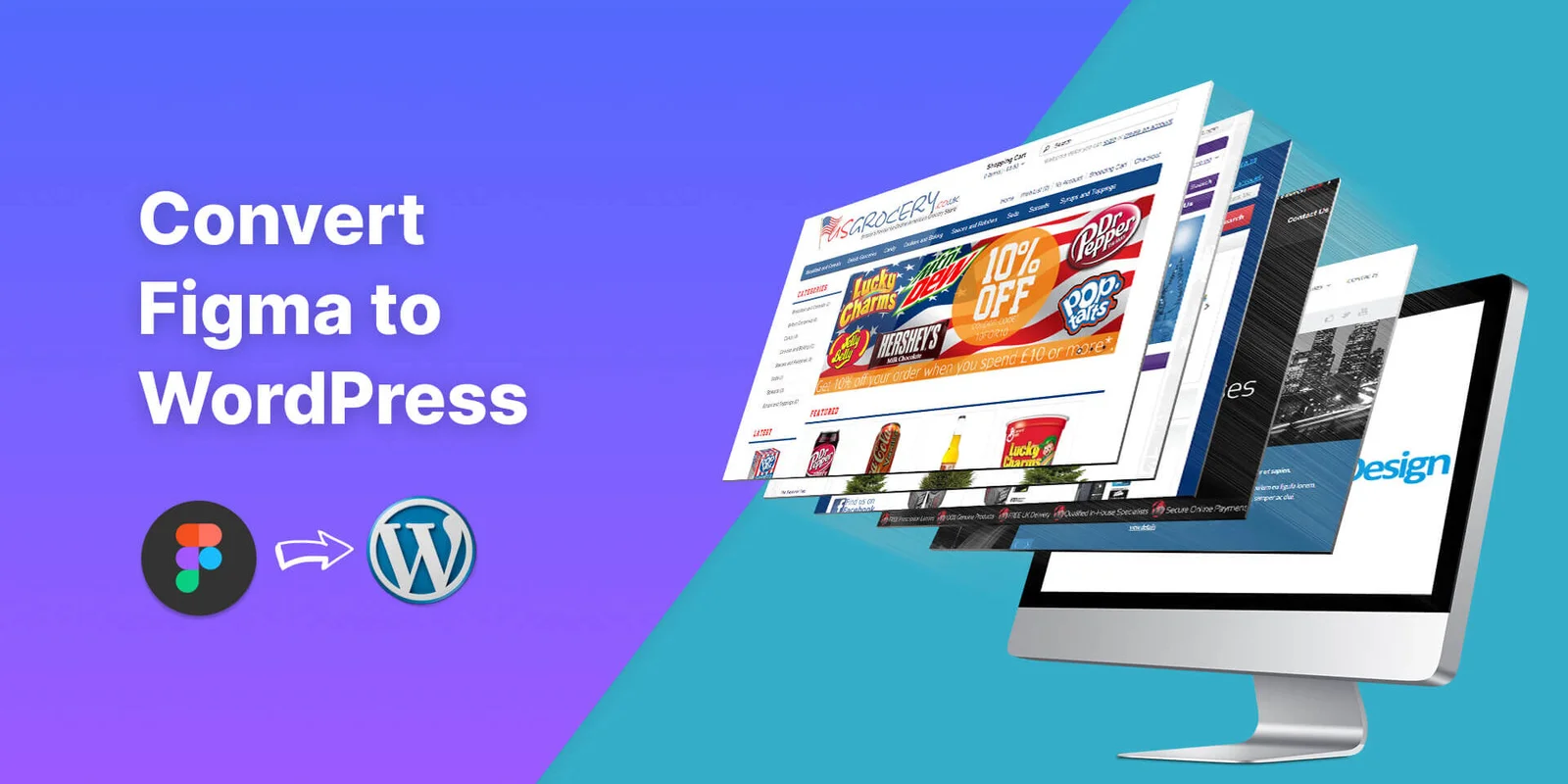Converting a design from Figma to WordPress can seem daunting, but it’s a valuable skill for any developer. Here’s a step-by-step guide to help you through the process:
Export Your Figma Design: Begin by exporting all the assets (images, icons, fonts) from your Figma design. Ensure they are in web-friendly formats like SVG or PNG.
Set Up a WordPress Environment: Install WordPress locally or on a staging server to start building your site.
Choose a Base Theme: Select a minimal theme that will allow you to build on top of it, like Underscores or Hello Elementor.
Convert Design to HTML/CSS: Translate your design into static HTML and CSS. Use a code editor to recreate the layout.
Integrate HTML/CSS into WordPress: Take your HTML/CSS code and break it into parts for the WordPress theme structure (header.php, footer.php, page.php, etc.).
Use Custom Post Types: Define custom post types to manage different content types if needed.
Add Functionality with Plugins: Utilize plugins to add necessary functionality like contact forms, galleries, or e-commerce.
Test Responsiveness and Compatibility: Ensure your site looks great on all devices and browsers by testing thoroughly.
Deploy to Live Server: Once satisfied with the site, deploy it to your live server.
By following these steps, you can effectively turn any Figma design into a fully functional WordPress website.
